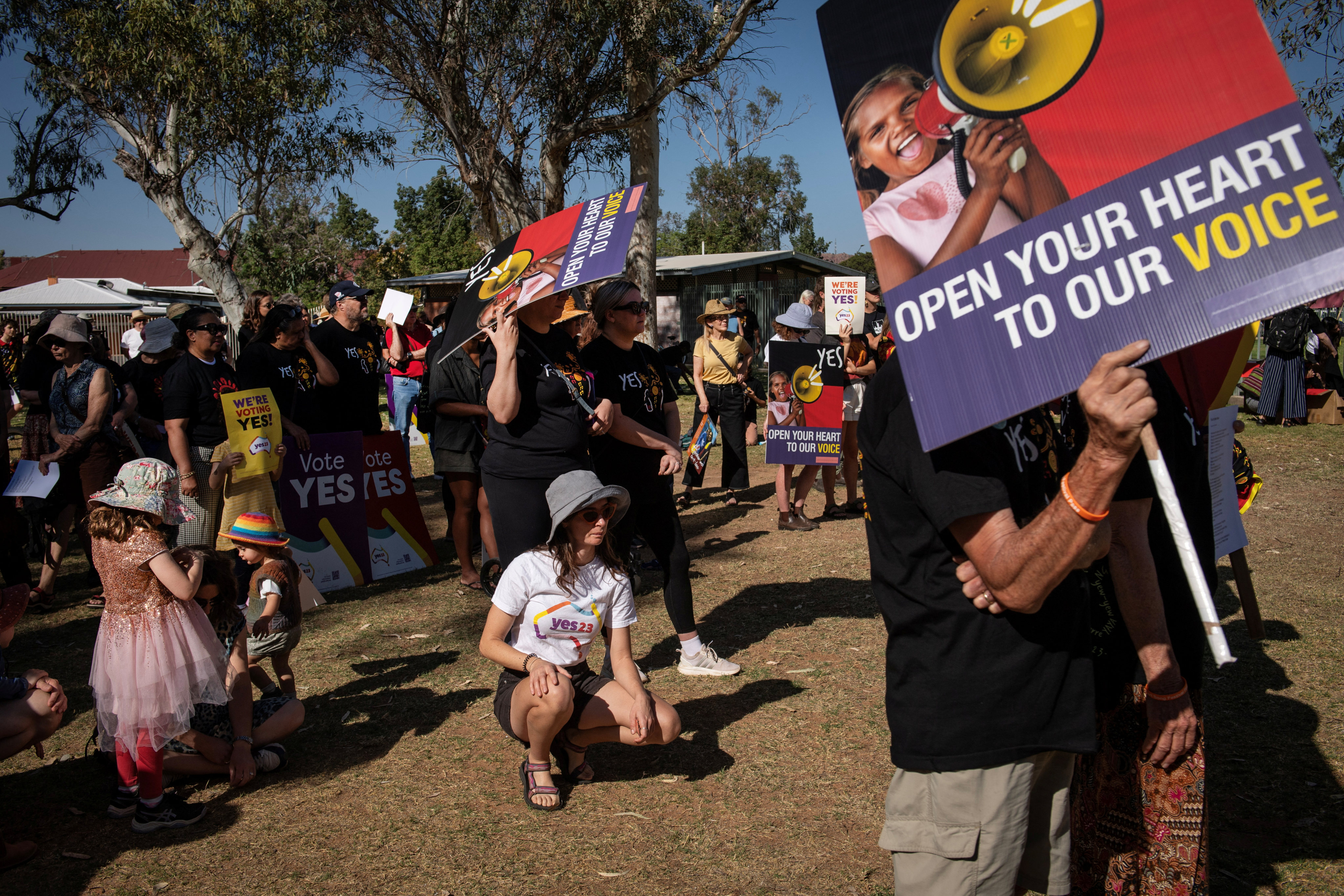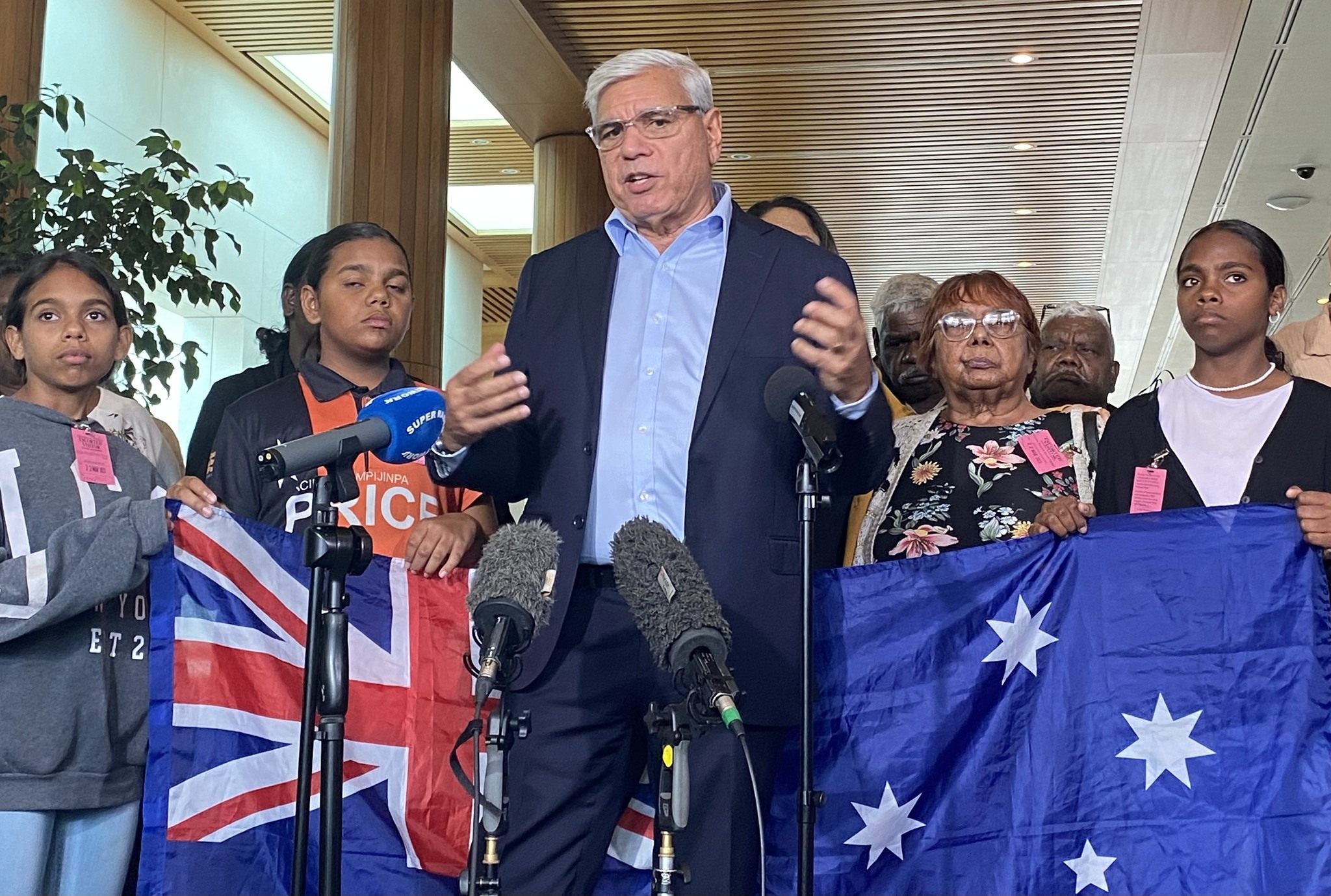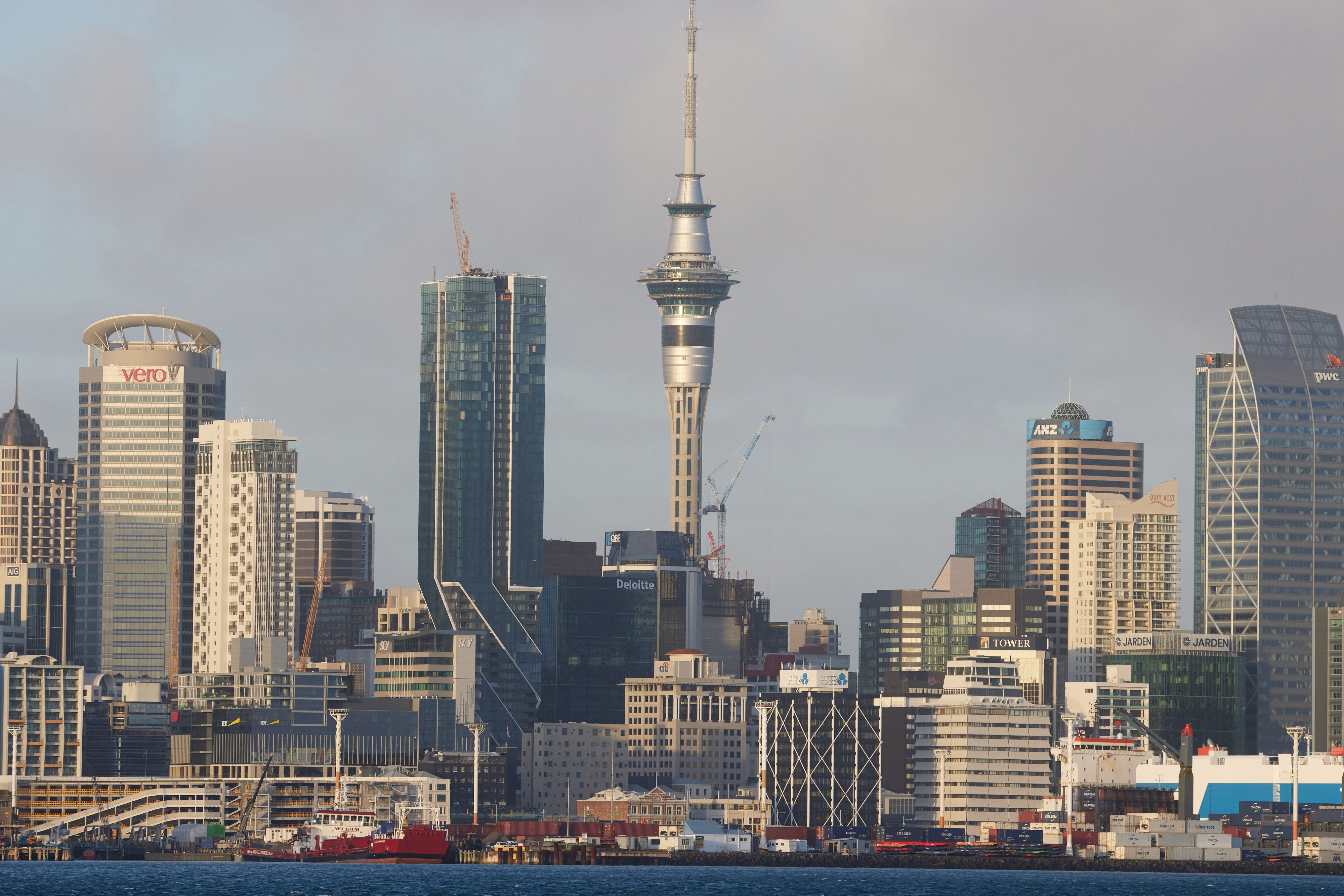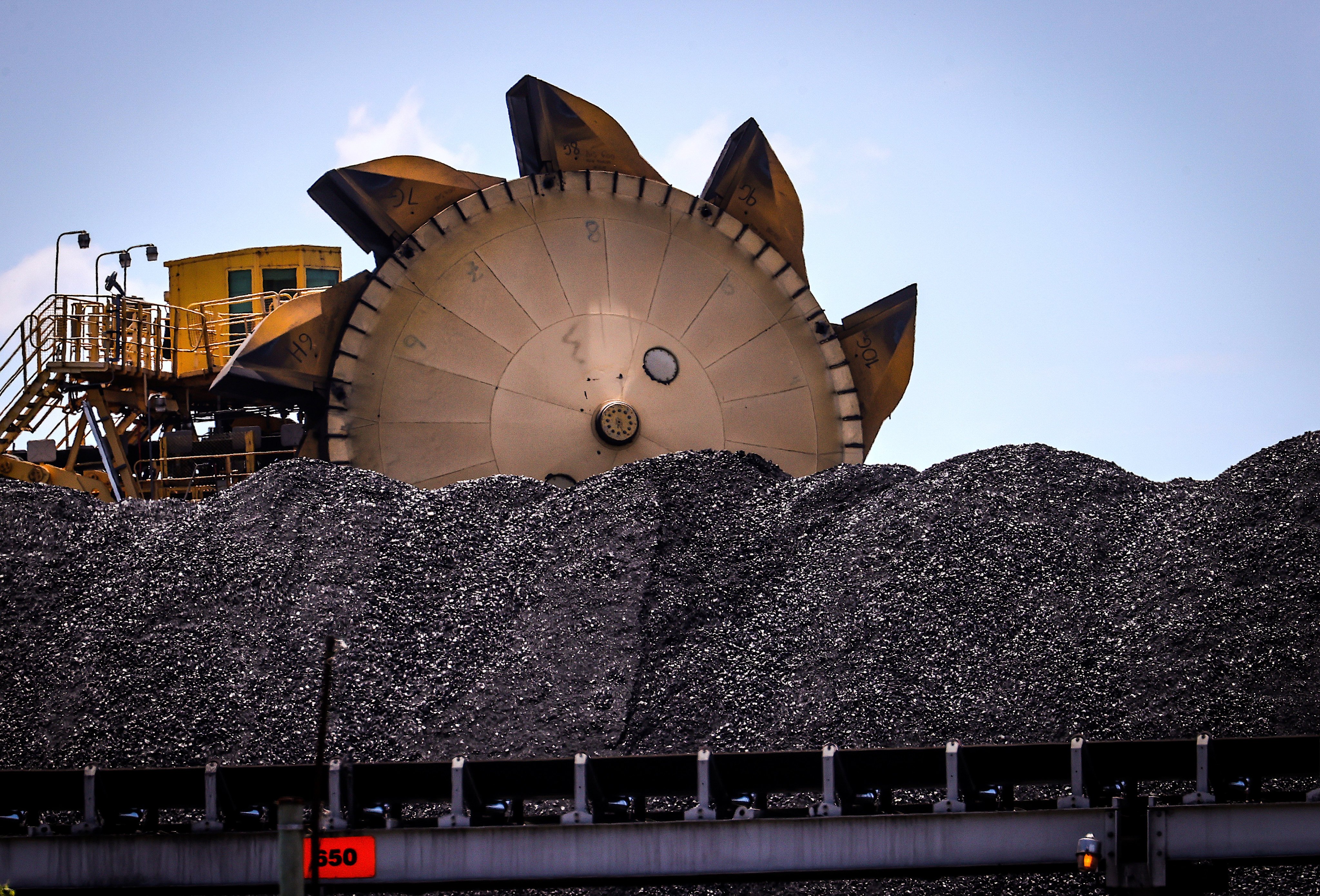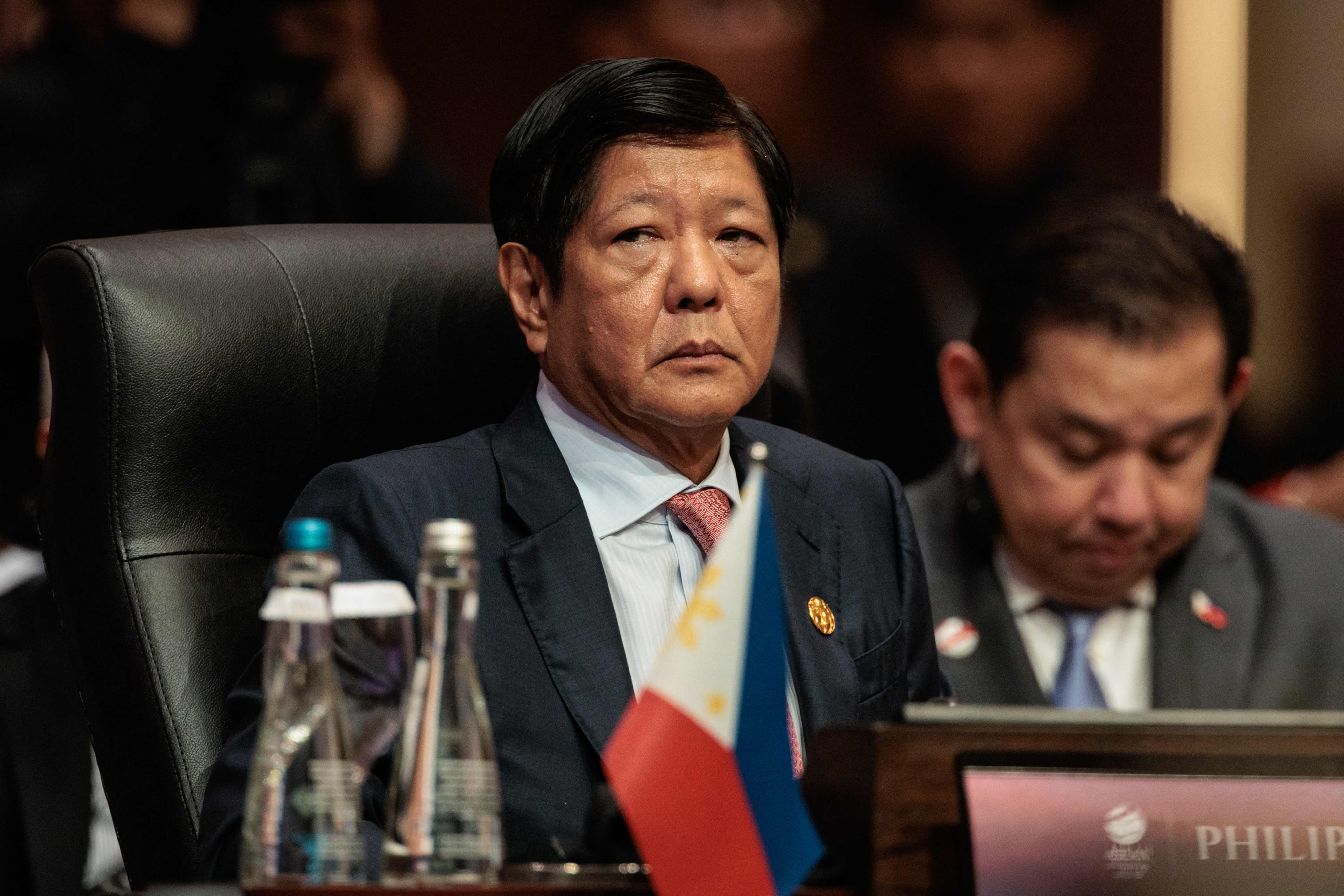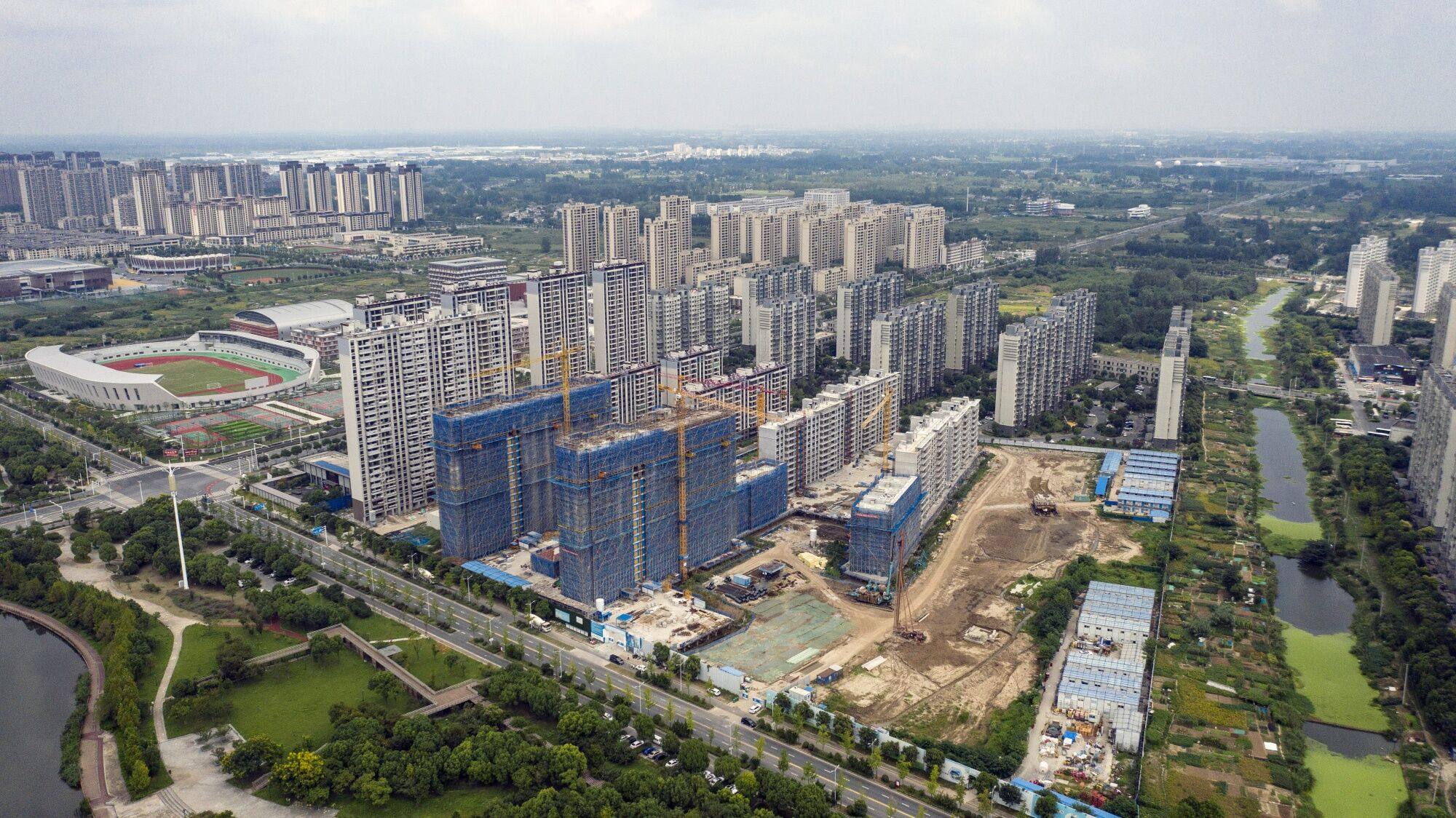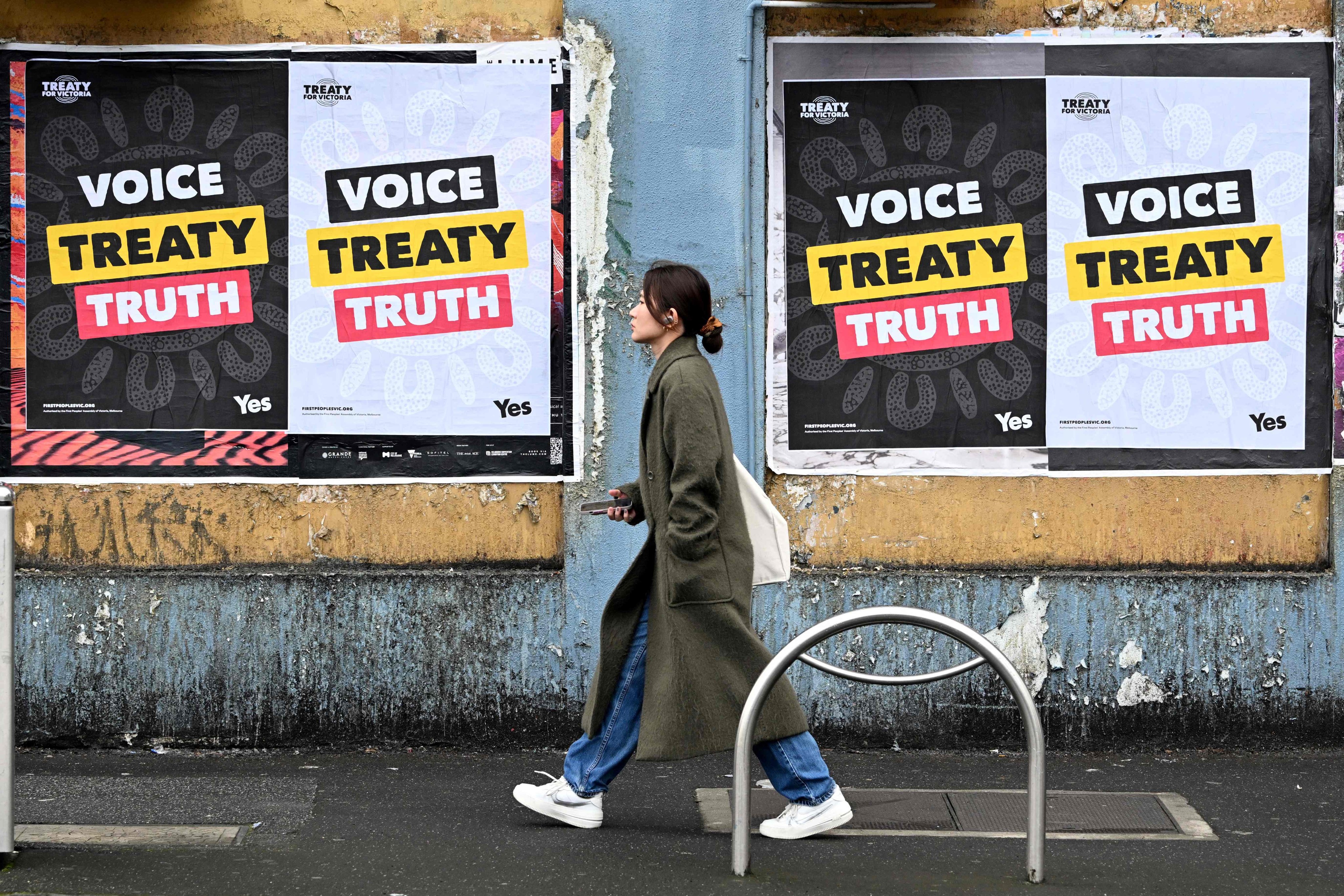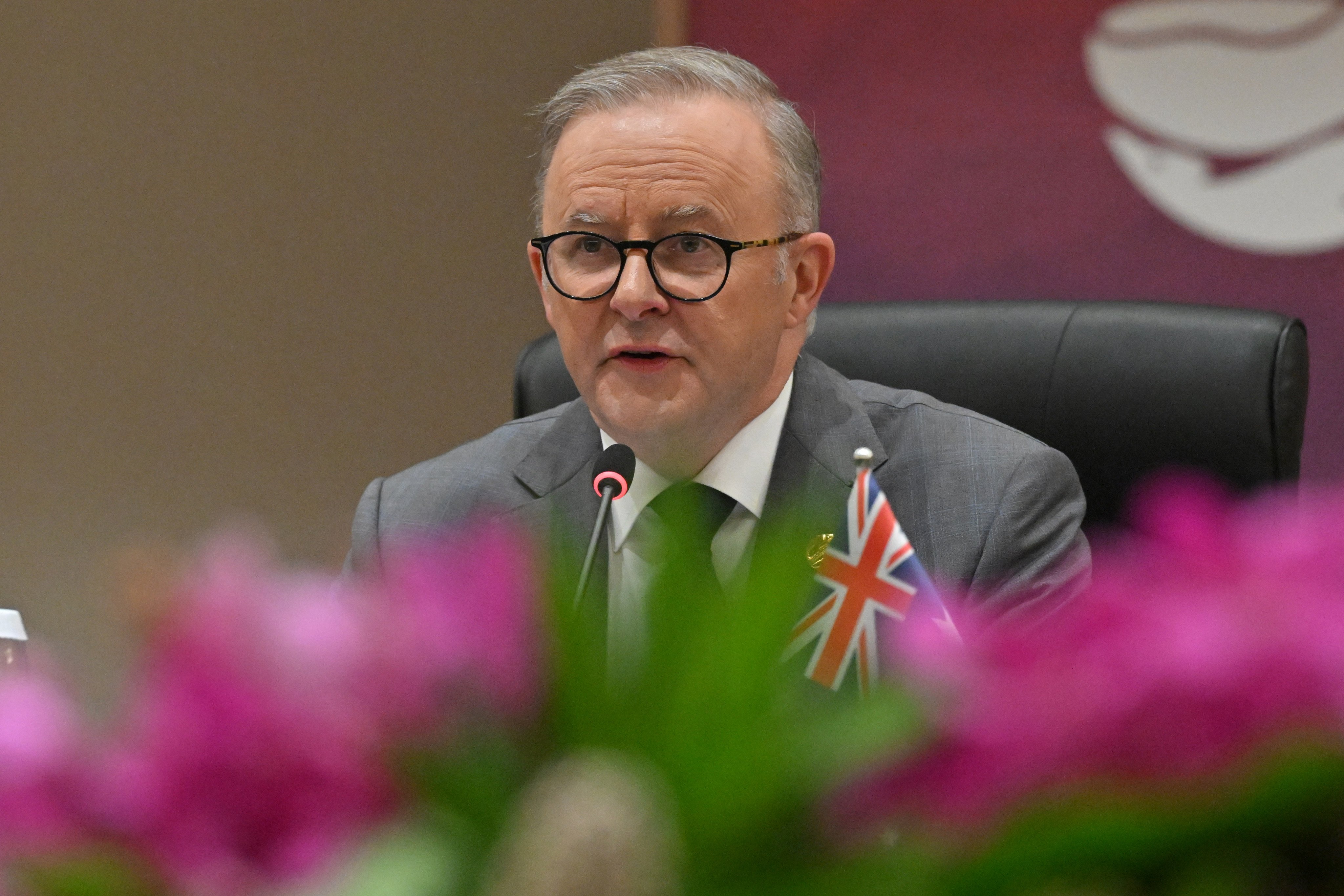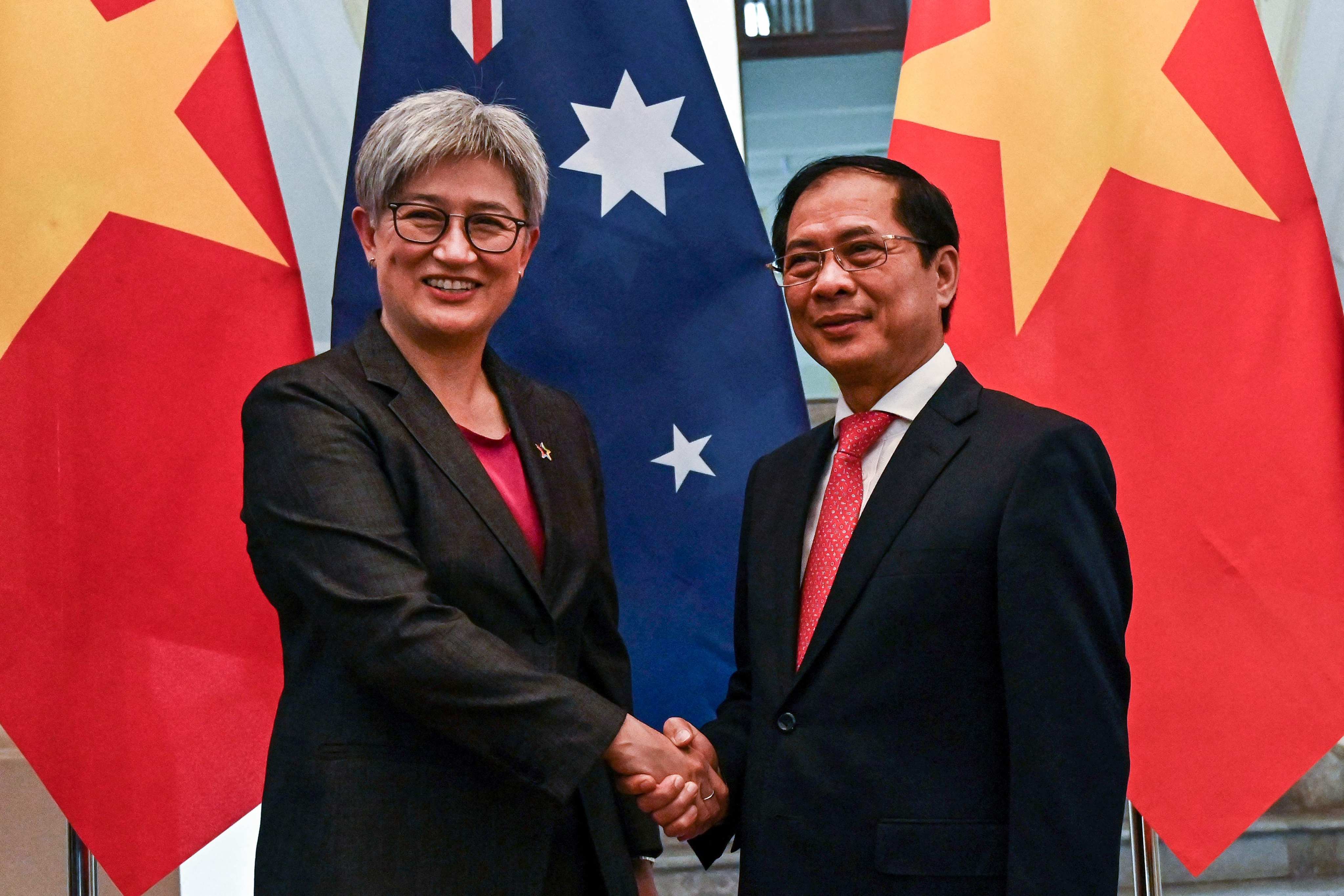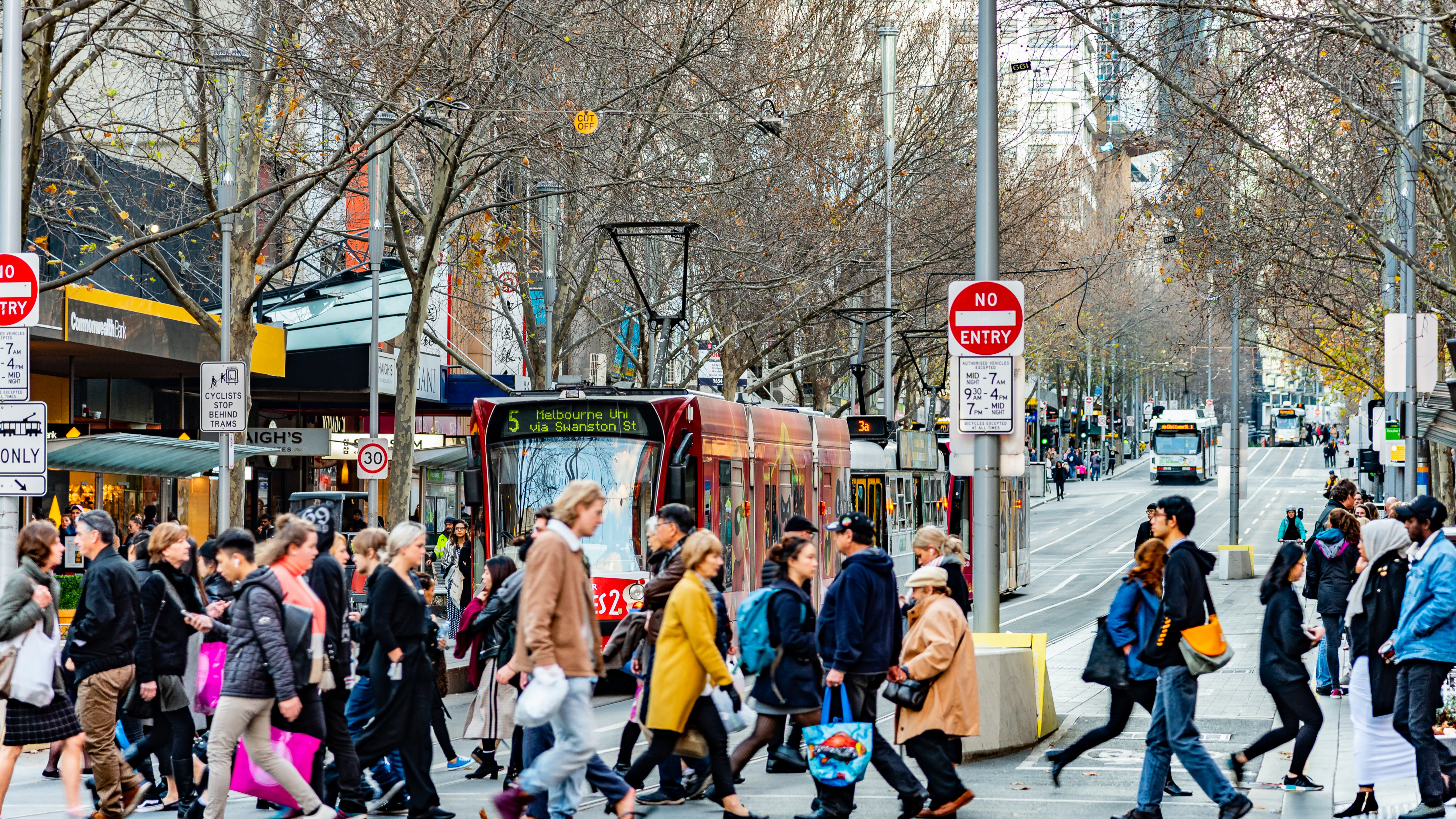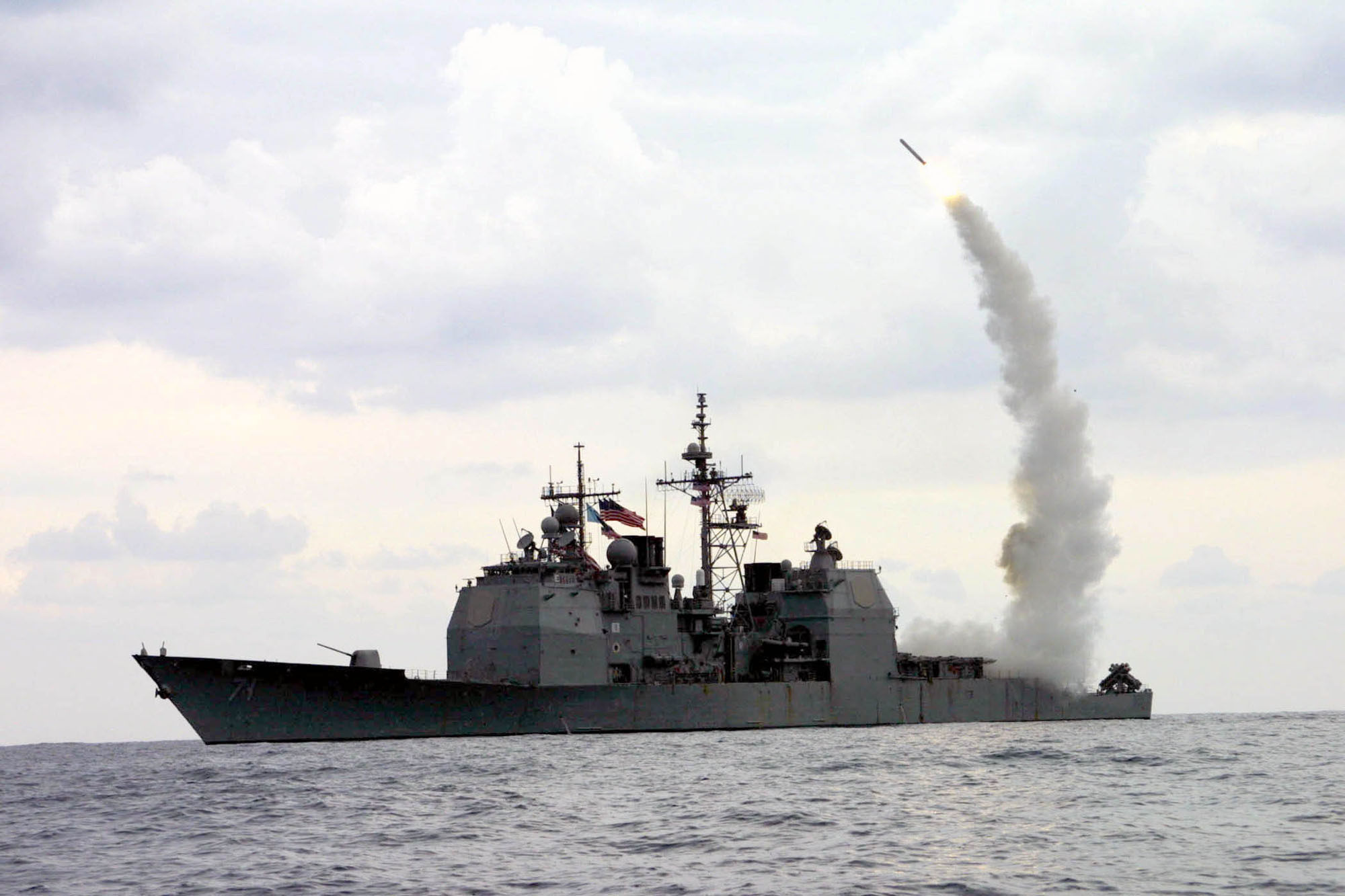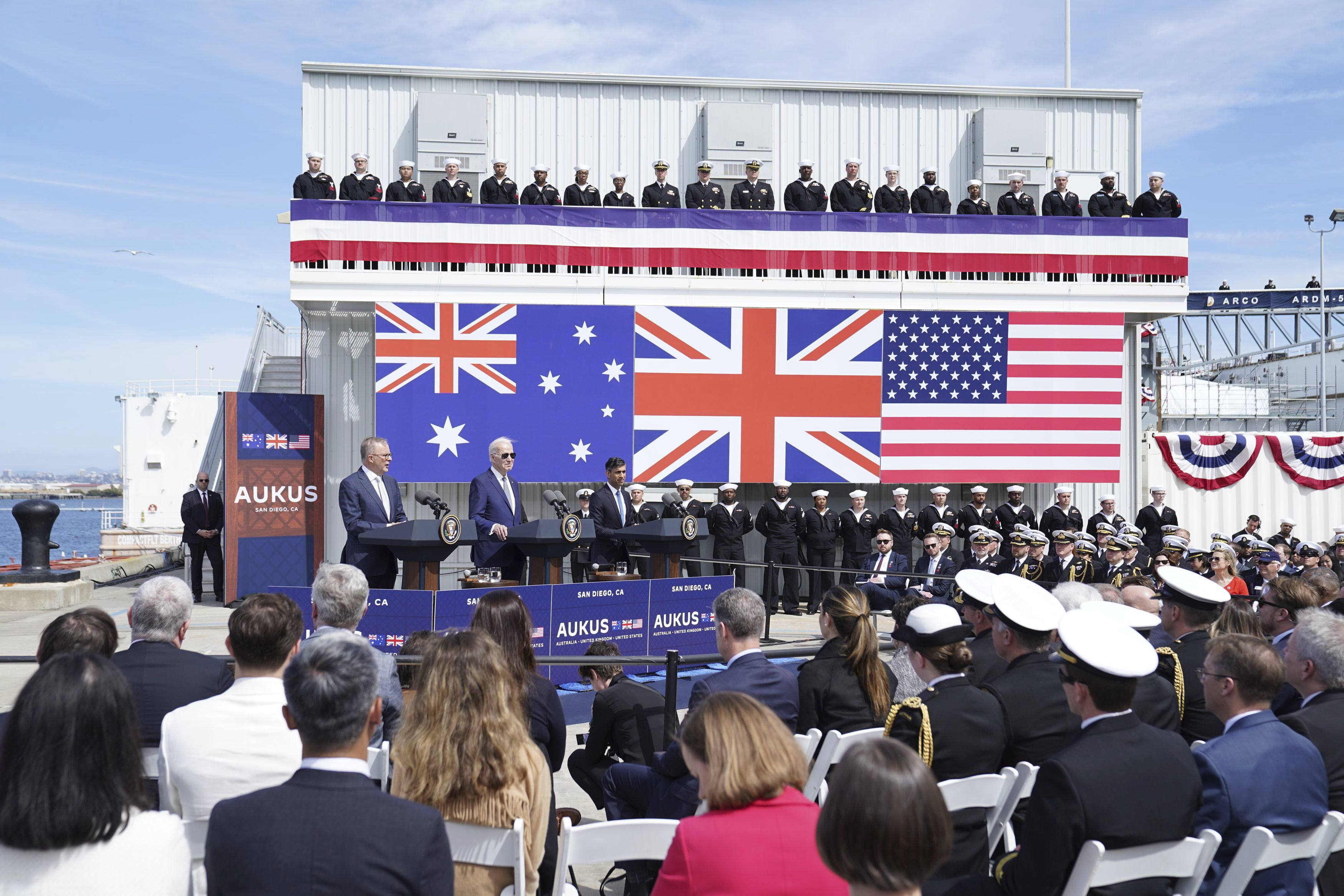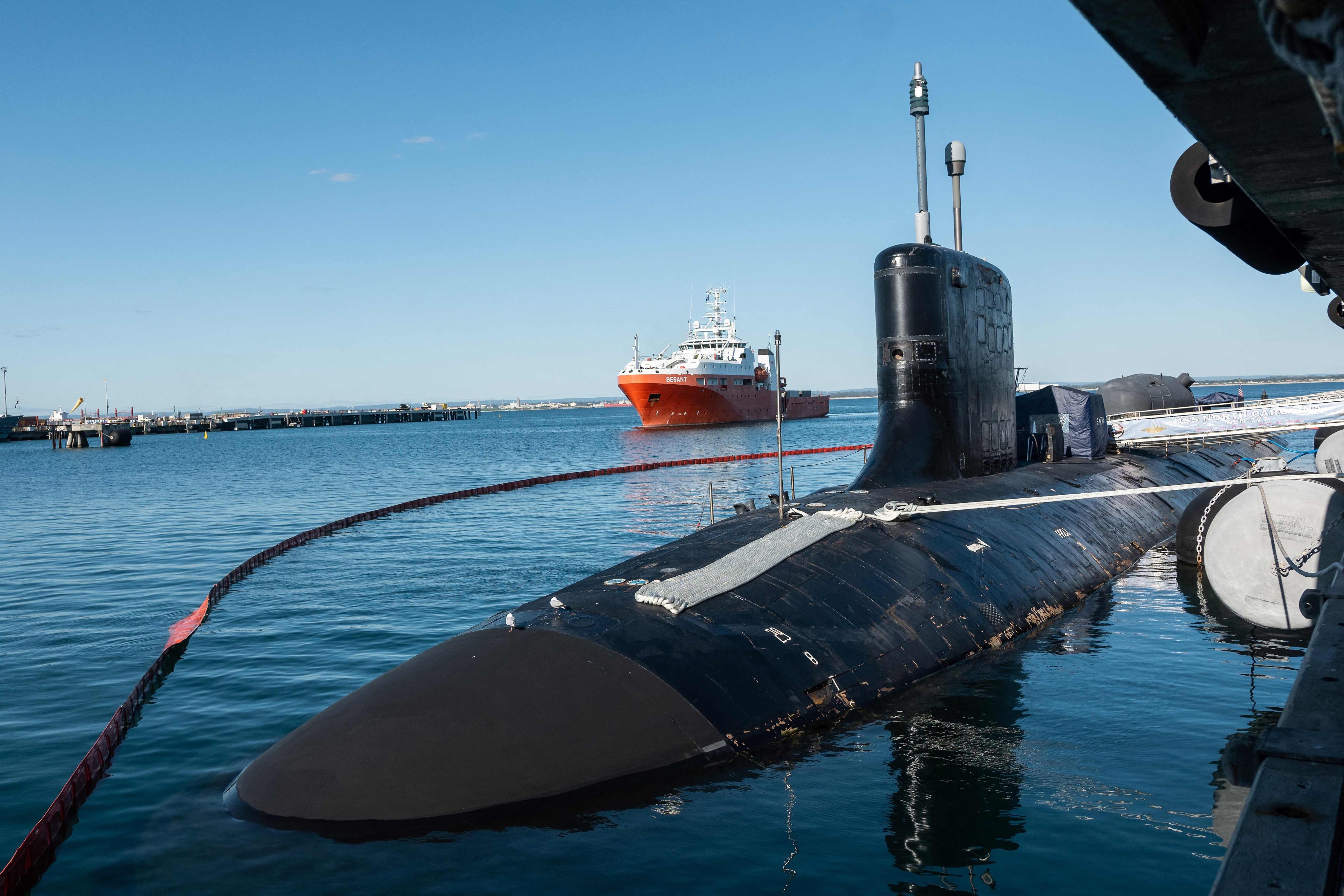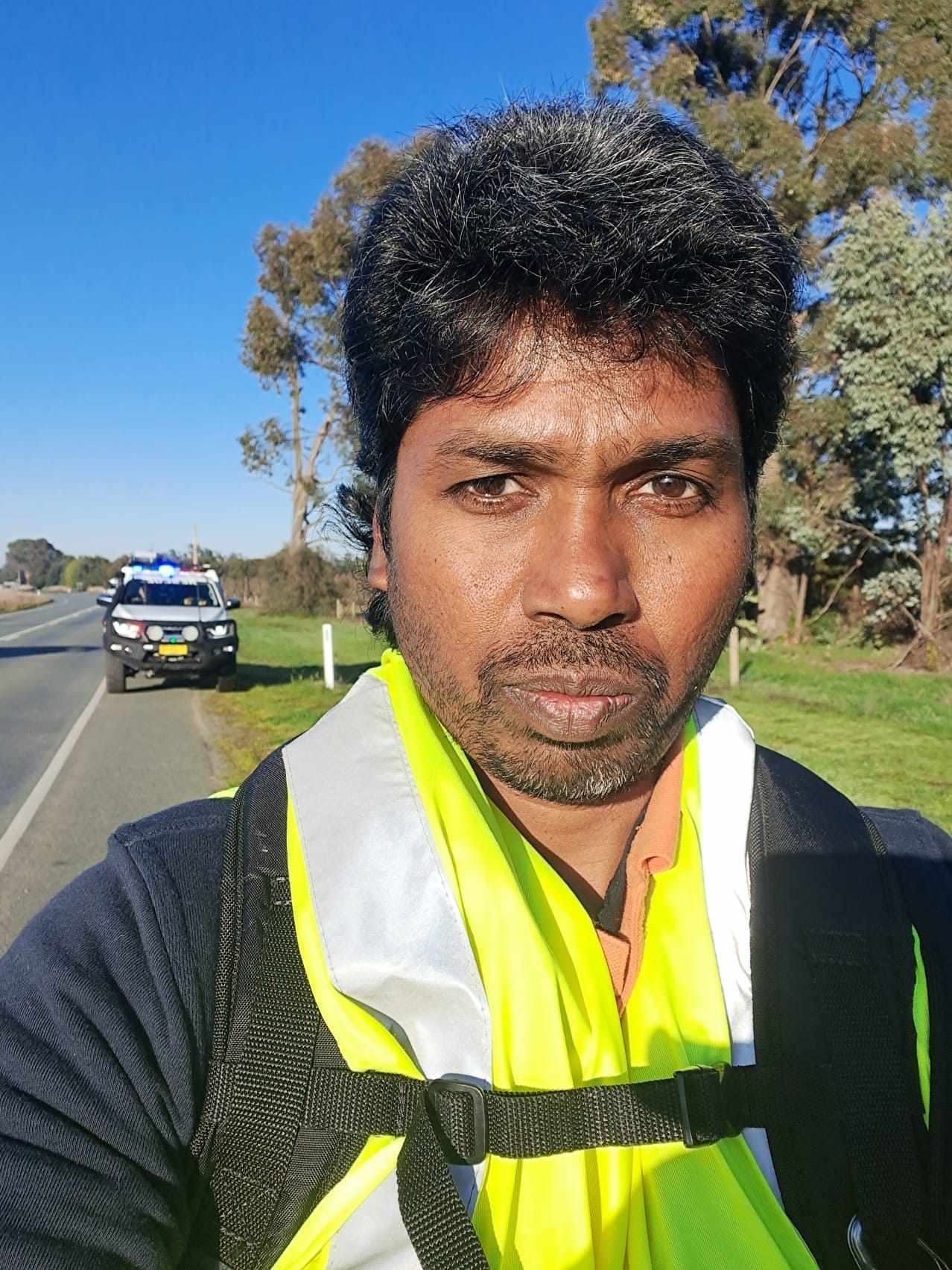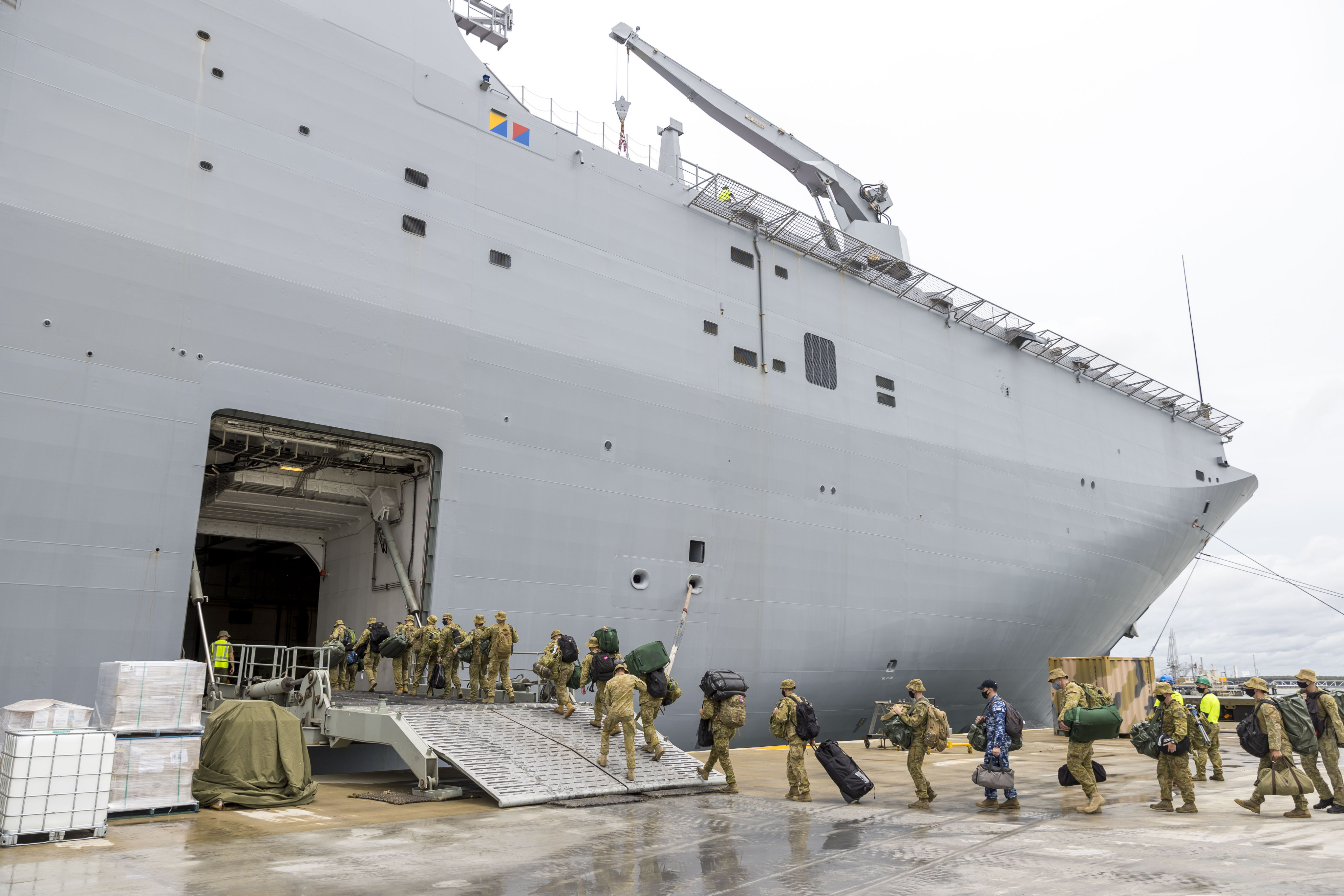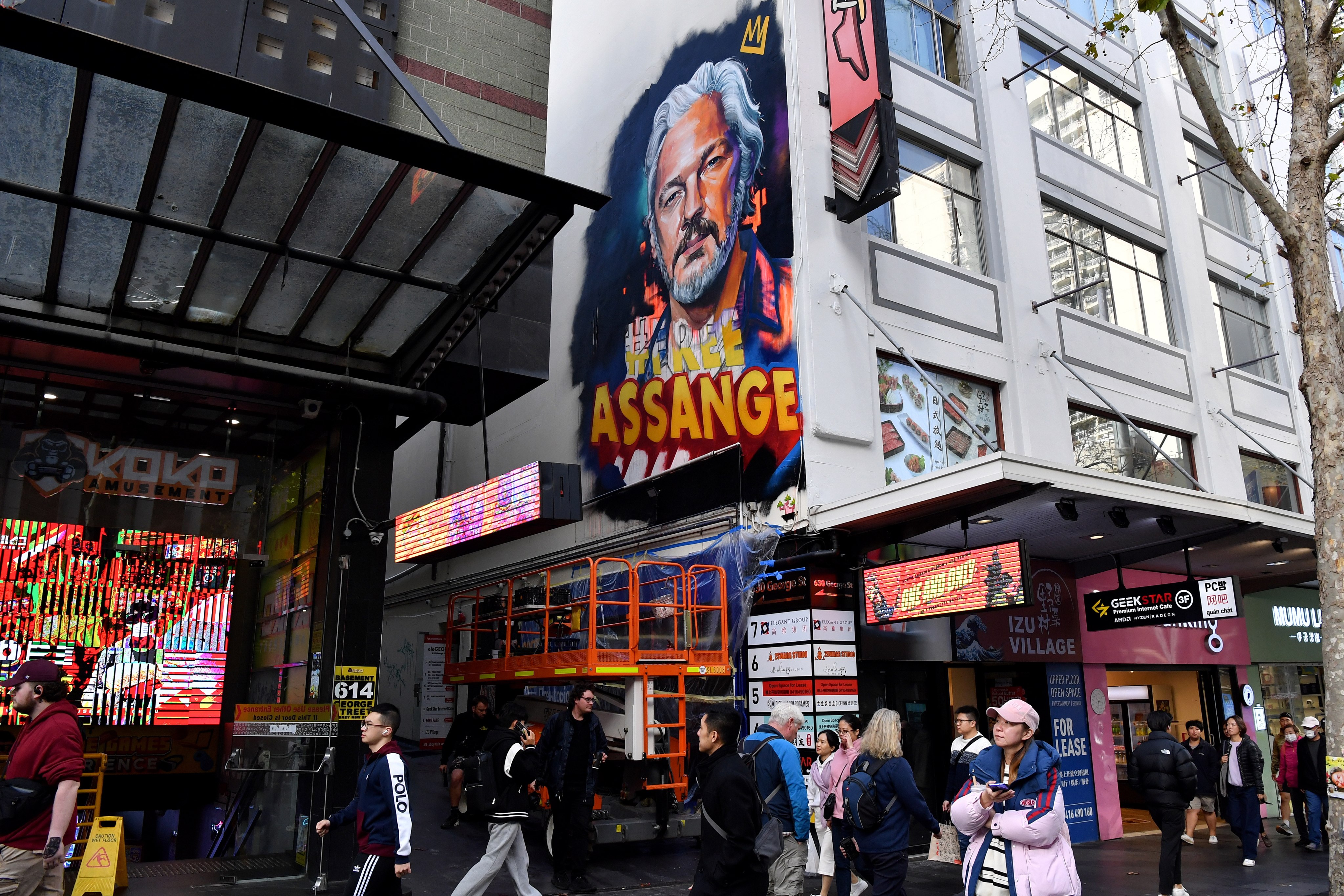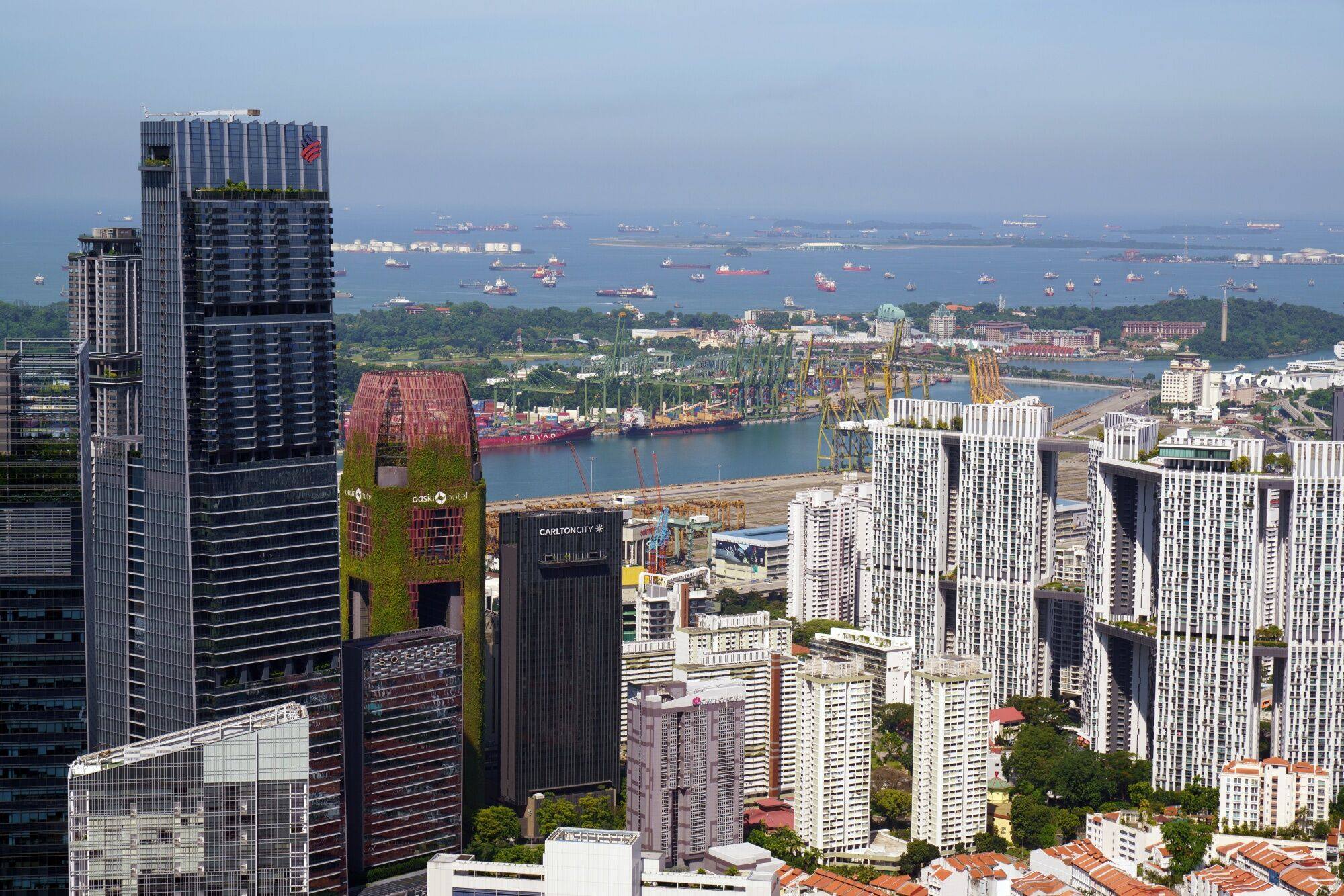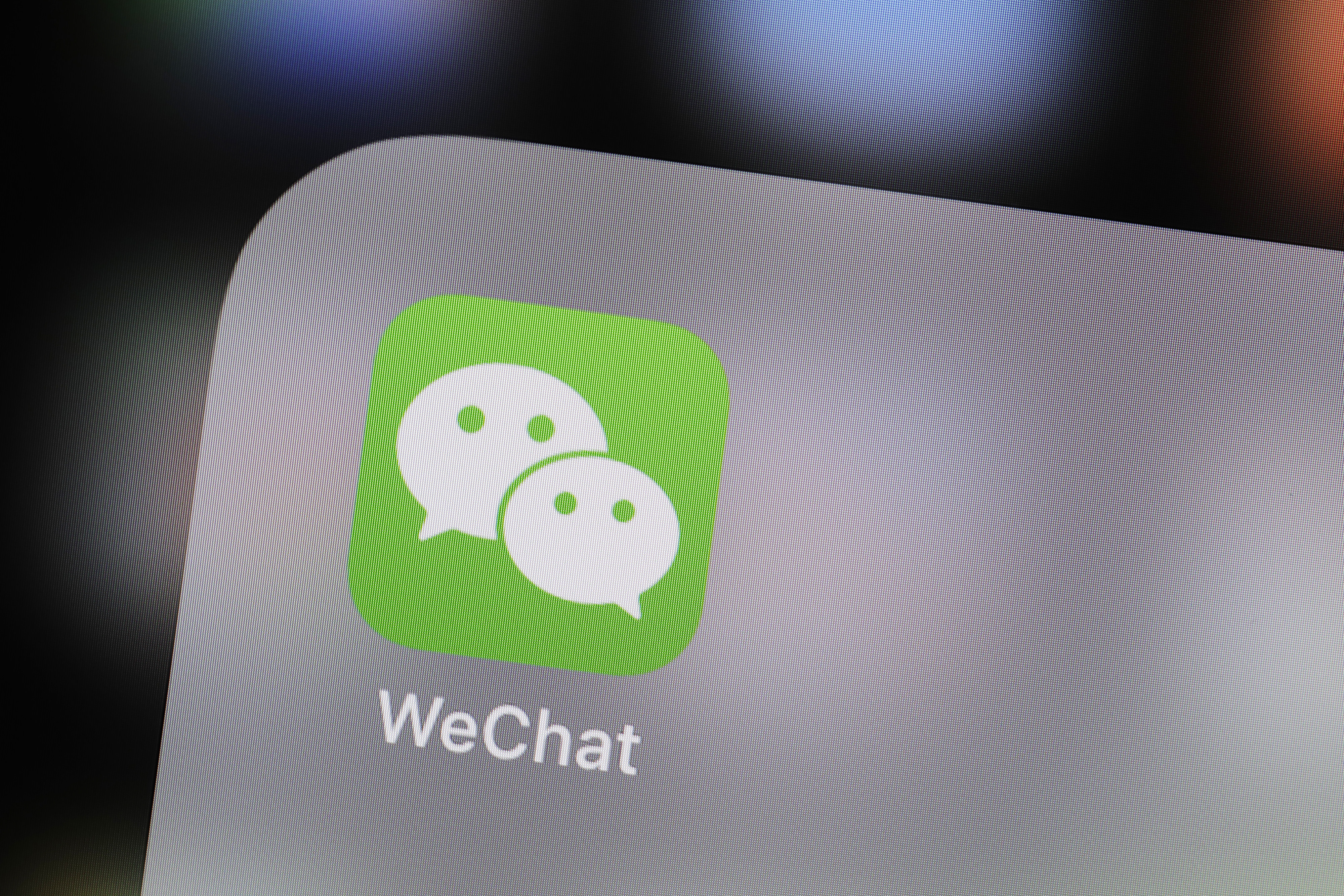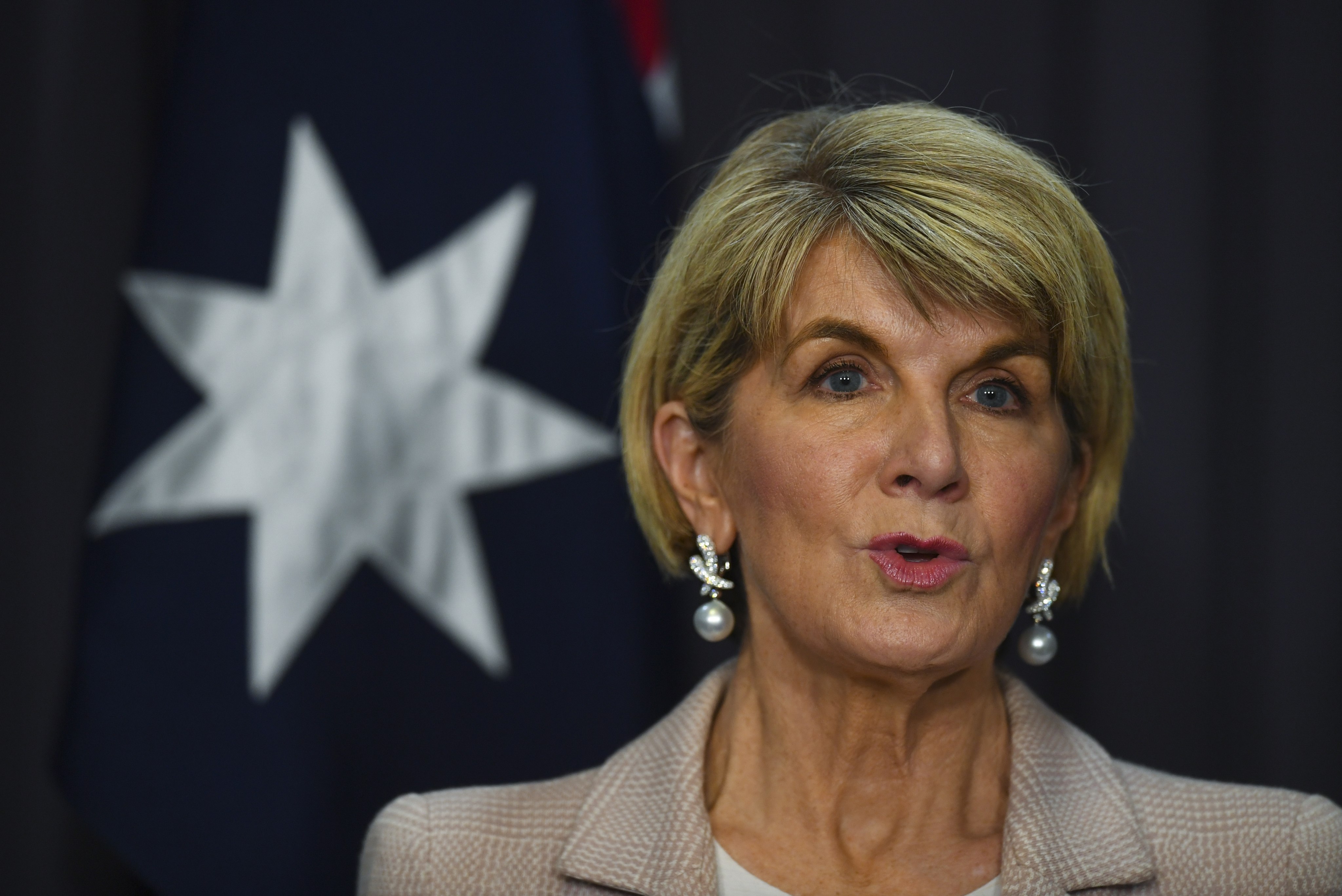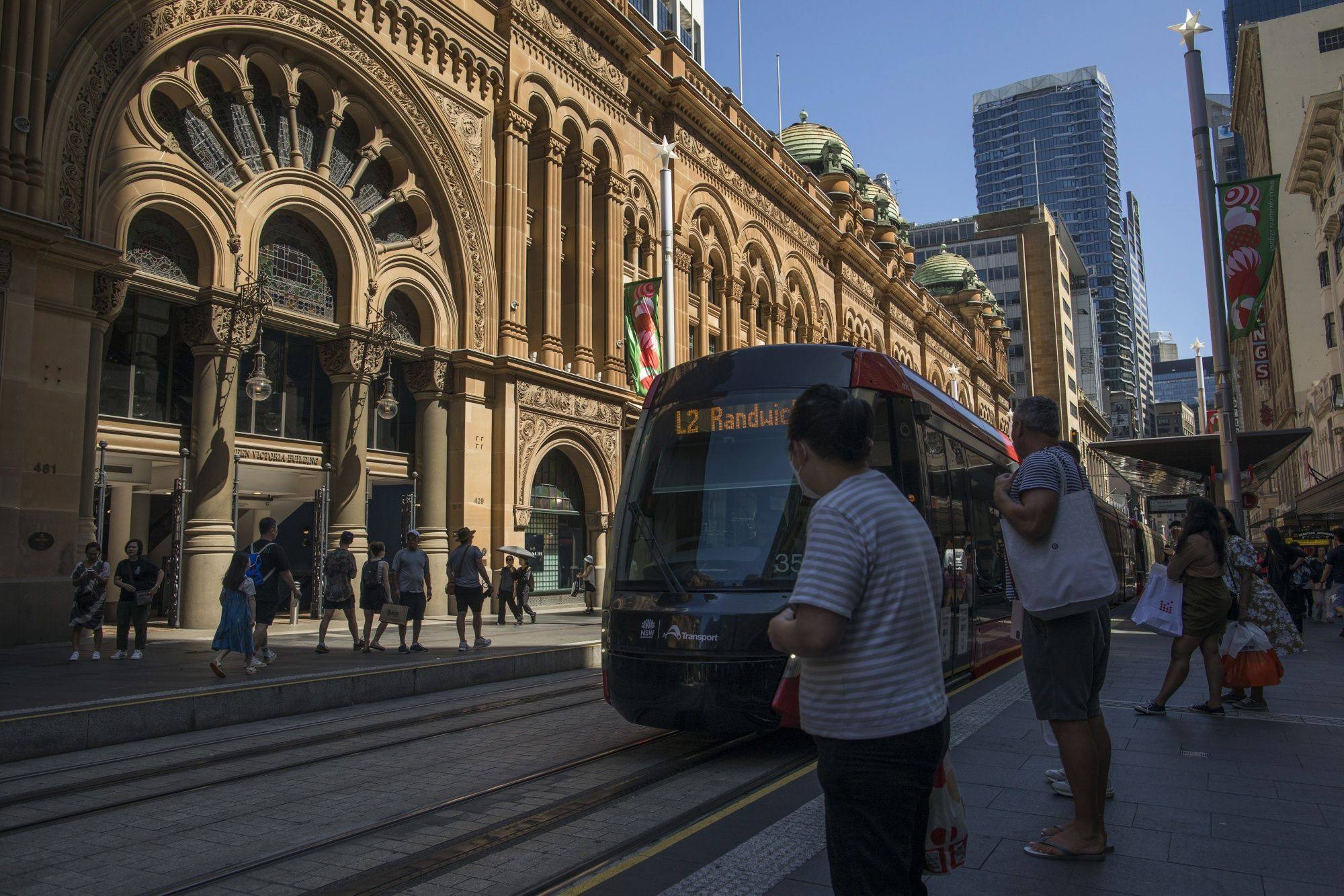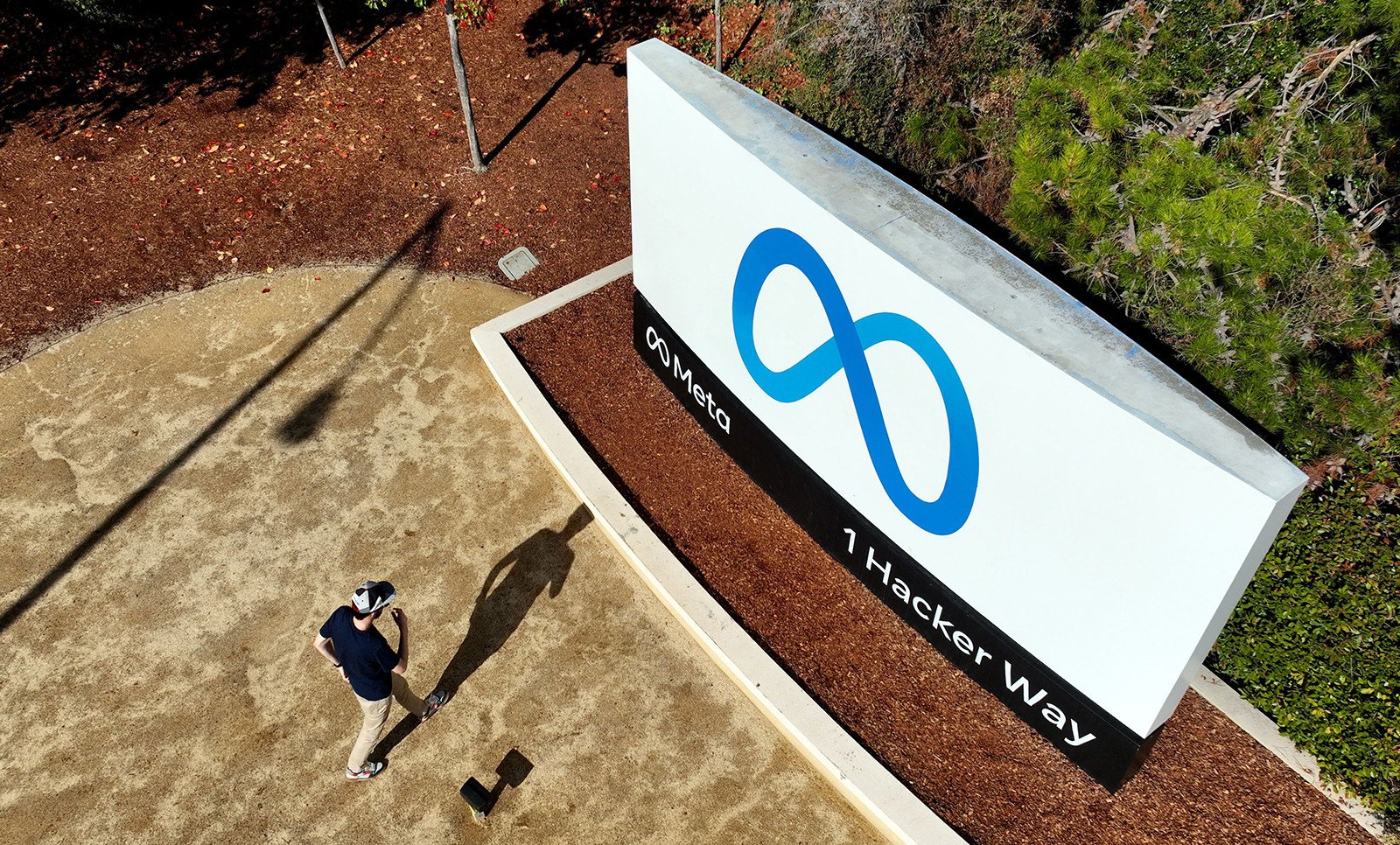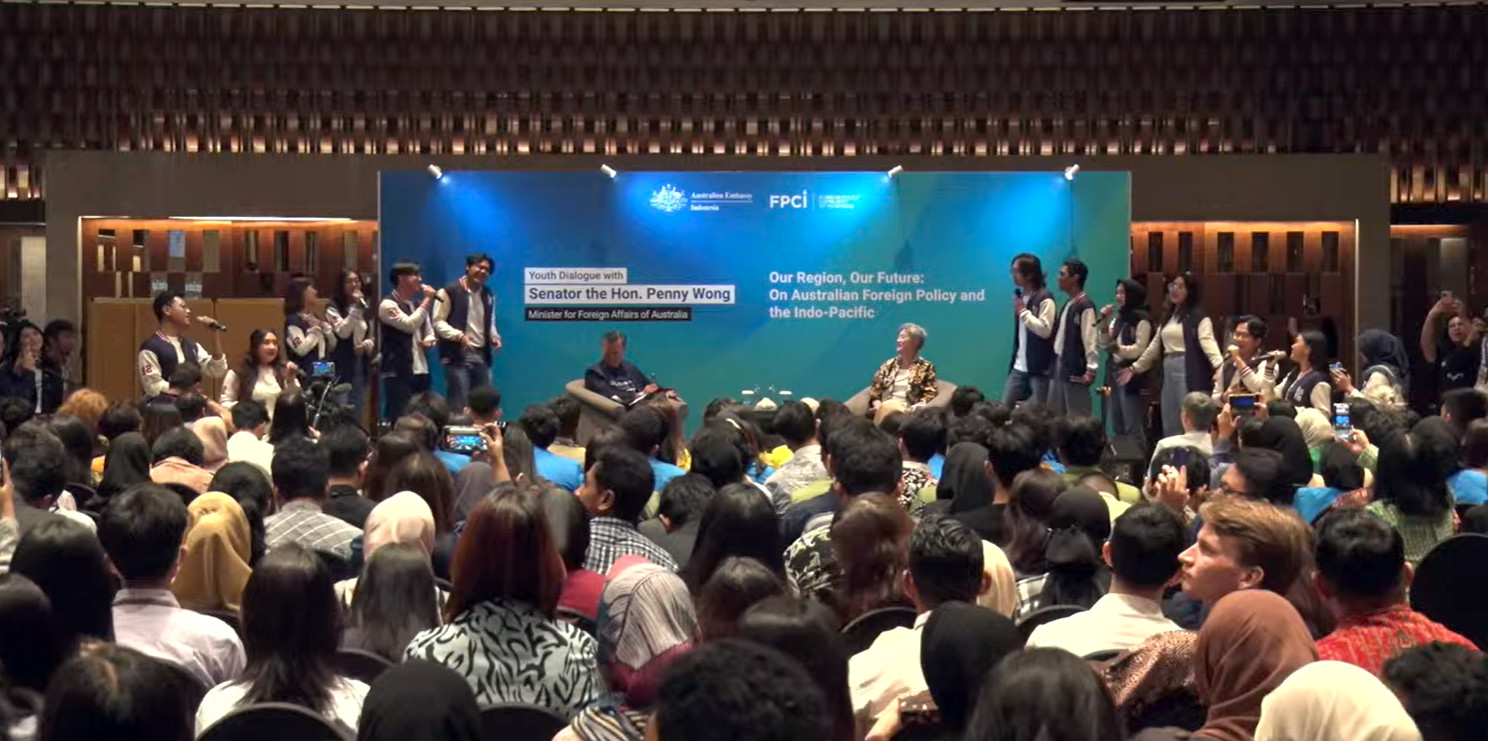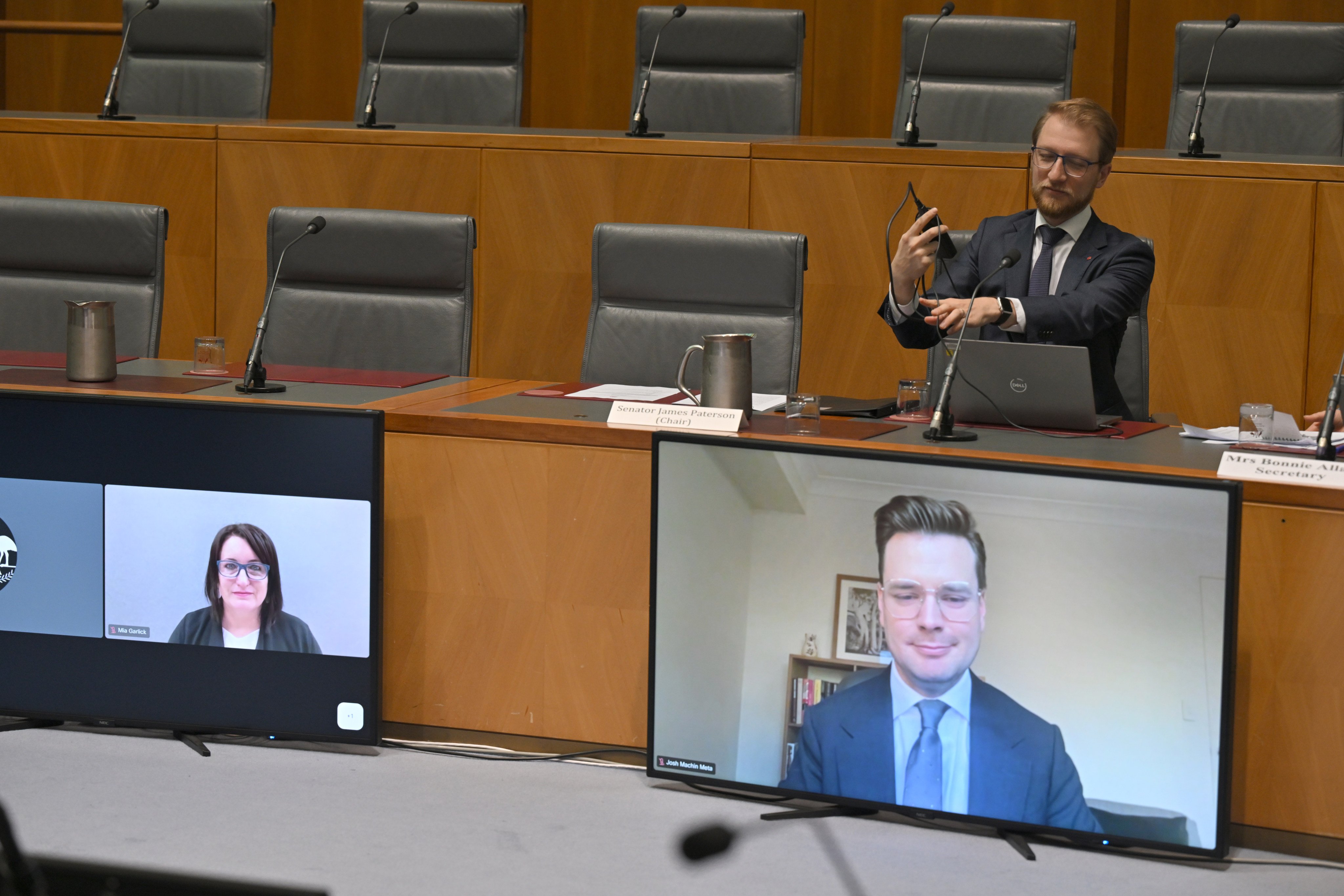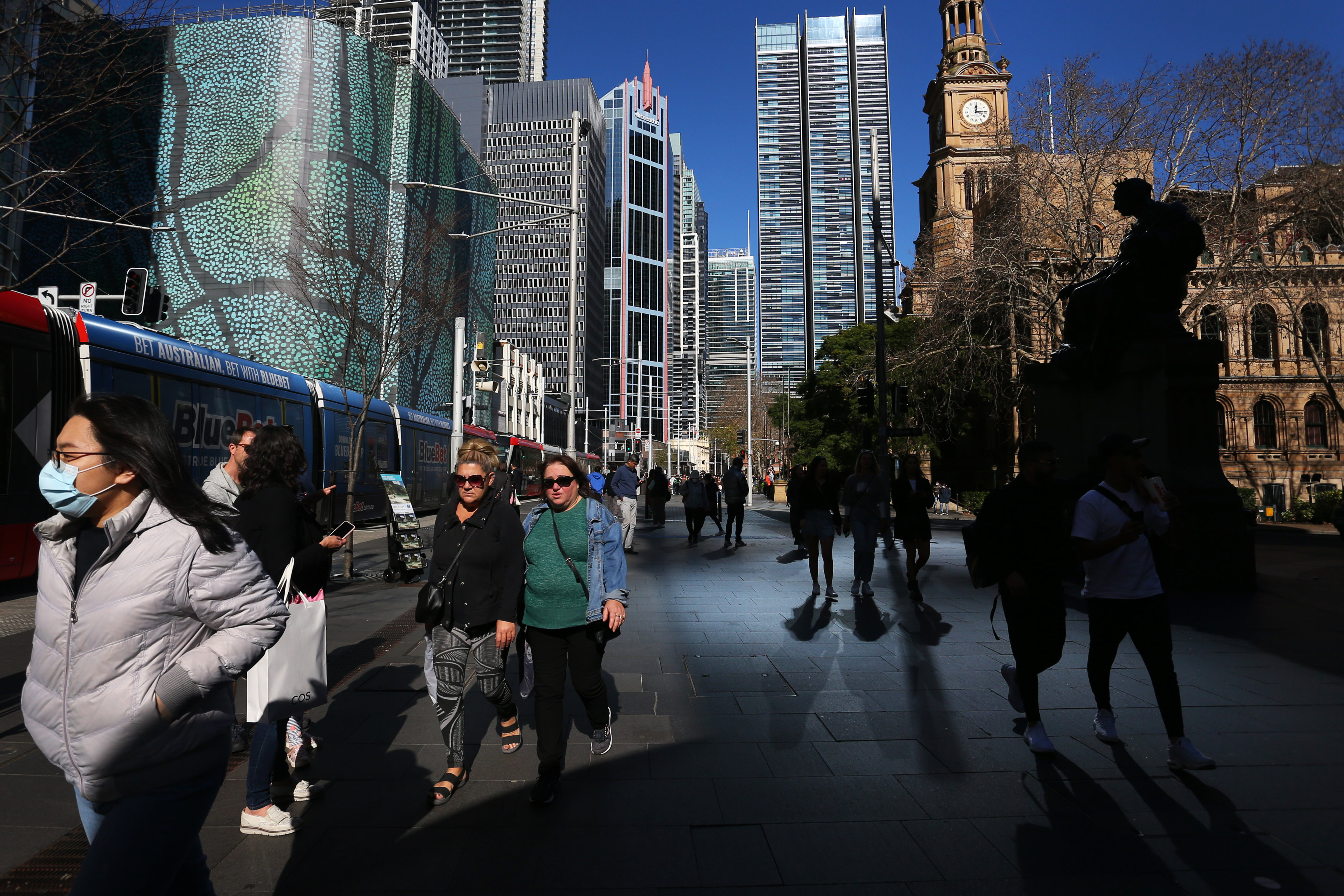
‘Profoundly dangerous’ misinformation has brought racial issues to the forefront of both polls, resulting in ‘nasty’ election tone and exposing racial divides.
Cheng, who was detained in 2020 and tried in secret on national security charges, has returned to Melbourne and been reunited with her children, Australian Prime Minister Anthony Albanese said on Wednesday.
Thailand’s lucrative dairy sector could come under threat as European manufacturers call on Bangkok to cut tariffs or face job losses and an exodus of operations.
Without some level of harmonisation, the world may be a long way off from a universally enshrined set of AI codes of conduct.
Prominent Aboriginal Australian Warren Mundine suggested better use of funding and policies in helping the community, instead of a constitutional change.
Ordinary New Zealanders are struggling to pay the bills as the economy stagnates and interest rates are at their highest in years – with a national vote just weeks away.
In a full-page New York Times advertisement, they say the climate can’t cope with more than 100 extra mines and that the exporting nation has a ‘special responsibility’.
President Ferdinand Marcos Jnr calls for more direct investment into the Philippines in areas including infrastructure, power generation, agriculture and renewable energy.
China’s property market is expected to recover once economic growth as a whole returned and jobs figures are lifted, but that will take ‘some time’, business leaders note.
‘Not comparing apples and apples’: some people are incorrectly linking Canberra’s coming indigenous ‘voice’ referendum to Kuala Lumpur’s 1970s emphasis on ethnic Malays, say experts.
PM Anthony Albanese has unveiled a new blueprint at the Asean summit aimed at boosting economic ties between Australia and the region.
The proposed ban on imports under US$100 in value won’t be easy to implement. But it may have more to do with next year’s elections than protecting small businesses.
Canberra’s affection towards Southeast Asia seems to change depending on the government in power, and if it has strategic importance.
About one in four Australians will be older than 65 years old within the next four decades, according to a report forecasting societal outcomes.
Australia’s purchase of 200 Tomahawks means it will be one of only three nations to own the missiles, which have a range of 1,500km.
Opposition towards Aukus by members of Australia’s governing Labor Party, anti-war groups and affiliated unions forced a debate after bubbling for months.
Domestic anxieties about the US/UK/Australia agreement to help provide Canberra with nuclear-powered submarines have been growing ahead of a party conference, putting extra pressure on the Labor government.
Neil Para’s family fled civil war in Sri Lanka and have been trapped in Australia for nearly a decade after their visas were revoked without explanation.
More money is needed to provide aid and host events such as climate change conferences, says the aid sector’s top official of Australia’s revised foreign aid policy.
Australian lawmakers have been piling on the pressure for Washington to end its persecution of the imprisoned WikiLeaks founder. Even the PM says it’s ‘gone on for too long’ – though he’s stopped short of actually doing anything.
WeChat has rejected the findings it is a ‘high-risk’ app, but said it would continue working with the Australian government to iron out security concerns.
The rise of work from home comes amid a global economic slowdown and employees prioritising their well-being ahead of their careers.
Representatives of WeChat told an Australian inquiry into foreign interference that Beijing did not have access to its platform, which was based in Singapore and bound by the city state’s laws.
Julie Bishop, Australia’s former foreign minister, said because her country is ‘well-regarded in foreign circles’, it was capable of being a moderating voice to tensions between the US and China.
Australia backing out of hosting the Commonwealth Games allows it to redirect finances to its people, but renews scrutiny on major consulting firms over alleged corruption.
Cryptographer Vanessa Teague urges parliamentary inquiry into foreign interference to ‘think critically’ about submissions that call for a ban on Chinese apps over alleged links to the Communist Party.
The budget for the Games has ballooned to A$6 billion (US$4 billion) – and would be double the estimated economic benefits to Victoria state.
Australia’s foreign minister turned on the charm offensive in a dialogue session with Indonesian youth, assuring them the two countries could lean on each other in difficult times.
Executives were questioned on their companies’ links to China, alleged human rights abuses in Xinjiang, and restricting details about Covid-19’s origins on their platforms.
A majority of survey respondents said they saw the advantages of bilateral relations, but most are also in favour of banning WeChat and TikTok, support more defence spending and see China as a security threat.

